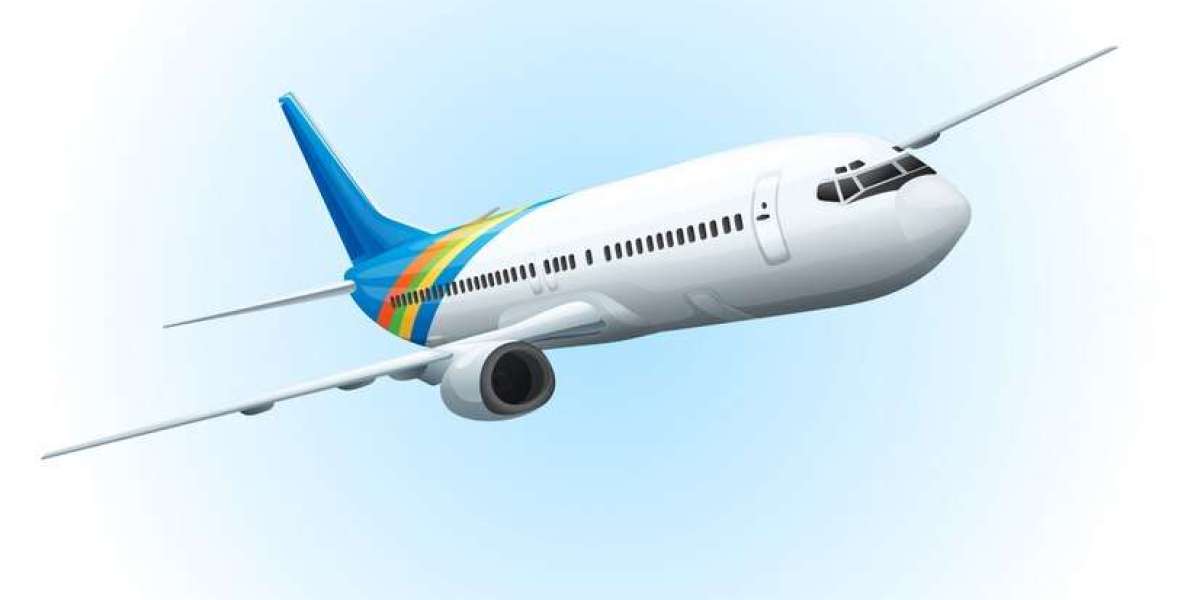When Are You Eligible for Compensation?
Not all flight disruptions qualify for compensation, but many do. In the European Union, for example, Regulation (EC) No 261/2004 protects passengers when flights are delayed, canceled, or overbooked. To be eligible, your flight must either depart from an EU country or be operated by an EU-based airline landing in the EU. Compensation can range from €250 to €600, depending on the distance of the flight and the length of the delay.
However, there are exceptions. Airlines aren’t obligated to compensate passengers if the disruption was due to “extraordinary circumstances” like extreme weather, security risks, or air traffic control strikes. But don’t let that discourage you. It’s the airline’s responsibility to prove that these circumstances were unavoidable.
In the U.S., the rules are a bit different. Compensation is typically only required for involuntary denied boarding due to overbooking. Delays and cancellations don’t guarantee compensation unless the airline’s own policies promise it. That’s why it’s crucial to check the specific regulations depending on where you’re flying.
How Much Compensation Can You Get?
The amount you can claim varies depending on several factors, such as the length of the delay and the flight distance. Here’s a breakdown for flights covered under EU law:
- Short Flights (up to 1,500 km): €250 for delays over 3 hours or cancellations.
- Medium Flights (1,500 to 3,500 km): €400 for delays over 3 hours or cancellations.
- Long-Haul Flights (over 3,500 km): €600 for delays over 4 hours or cancellations.
Keep in mind, if the airline offers you an alternative flight with a similar arrival time, the compensation amount might be reduced by 50%. For instance, if you reach your destination less than 2 hours later than originally planned on a short flight, the compensation could drop from €250 to €125.
In the U.S., compensation for being involuntarily bumped from a flight can be substantial. If the rebooked flight gets you to your destination 1-2 hours later than planned (or 1-4 hours on international flights), you’re entitled to double the one-way ticket price, up to $775. If the delay exceeds that, you could receive four times the ticket price, up to $1,550.
These amounts aren’t negotiable, and airlines must provide the compensation on the spot, either in cash, check, or vouchers if you agree to it. Knowing these numbers puts you in a stronger position when dealing with airlines.
How to Claim Compensation?
Claiming compensation isn’t always straightforward, but following the right steps can make it easier:
- Collect Evidence: Save your boarding pass, booking confirmation, and any communication from the airline about the disruption. Take photos of the departure board and delays if possible.
- Know Your Rights: Familiarize yourself with the relevant regulations, whether it’s EU 261/2004 or U.S. Department of Transportation rules.
- Contact the Airline: File a claim directly with the airline. Be clear about what happened, why you’re eligible, and how much compensation you expect. Include all supporting documents.
- Be Persistent: Airlines don’t always approve claims right away. If your initial request is denied, don’t give up. Escalate the complaint to the relevant national enforcement body or aviation authority.
- Use a Claim Service: If you’re unsure about handling the process yourself, consider using a compensation service like https://flightrefunder.com/. These services handle everything on your behalf, from filing the claim to negotiating with the airline. While they usually take a percentage of the payout, it can save you time and hassle, especially if you’re dealing with complex cases.
While the process can be tedious, being organized and persistent pays off. The more prepared you are, the better your chances of receiving compensation.
Real-Life Examples and Success Stories
Real-life examples can be inspiring and informative. Take the case of Sarah, who was flying from London to New York. Her flight was delayed by over 5 hours due to a technical issue. At first, the airline refused to compensate her, claiming it was due to safety concerns. But Sarah knew her rights under EU 261/2004 and persisted. After submitting her claim with all necessary documents, she eventually received €600.
Another example is Michael, who was bumped from an overbooked flight in the U.S. He was initially offered a $300 travel voucher but insisted on his rights. After negotiating, he received $775 in cash instead.
These stories show that knowing your rights and being persistent can lead to successful outcomes. It’s all about being informed and standing your ground.
Conclusion: Know Your Rights and Claim What’s Yours
Flight disruptions are frustrating, but they don’t have to leave you empty-handed. By understanding your rights and knowing how to file a compensation claim, you can turn a bad situation into a reimbursed one. Whether it’s a delayed, canceled, or overbooked flight, compensation is often within reach if you’re prepared and persistent.



